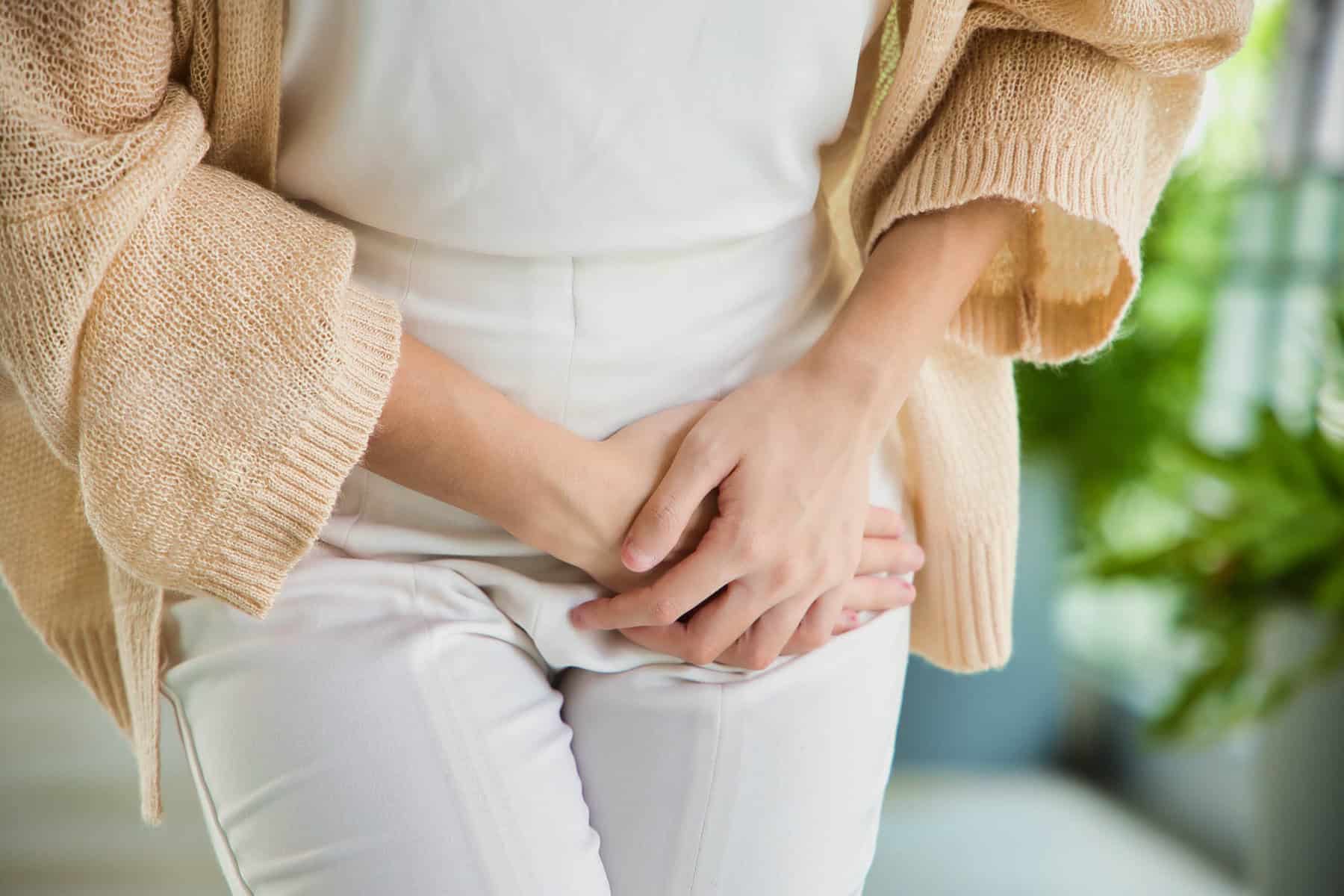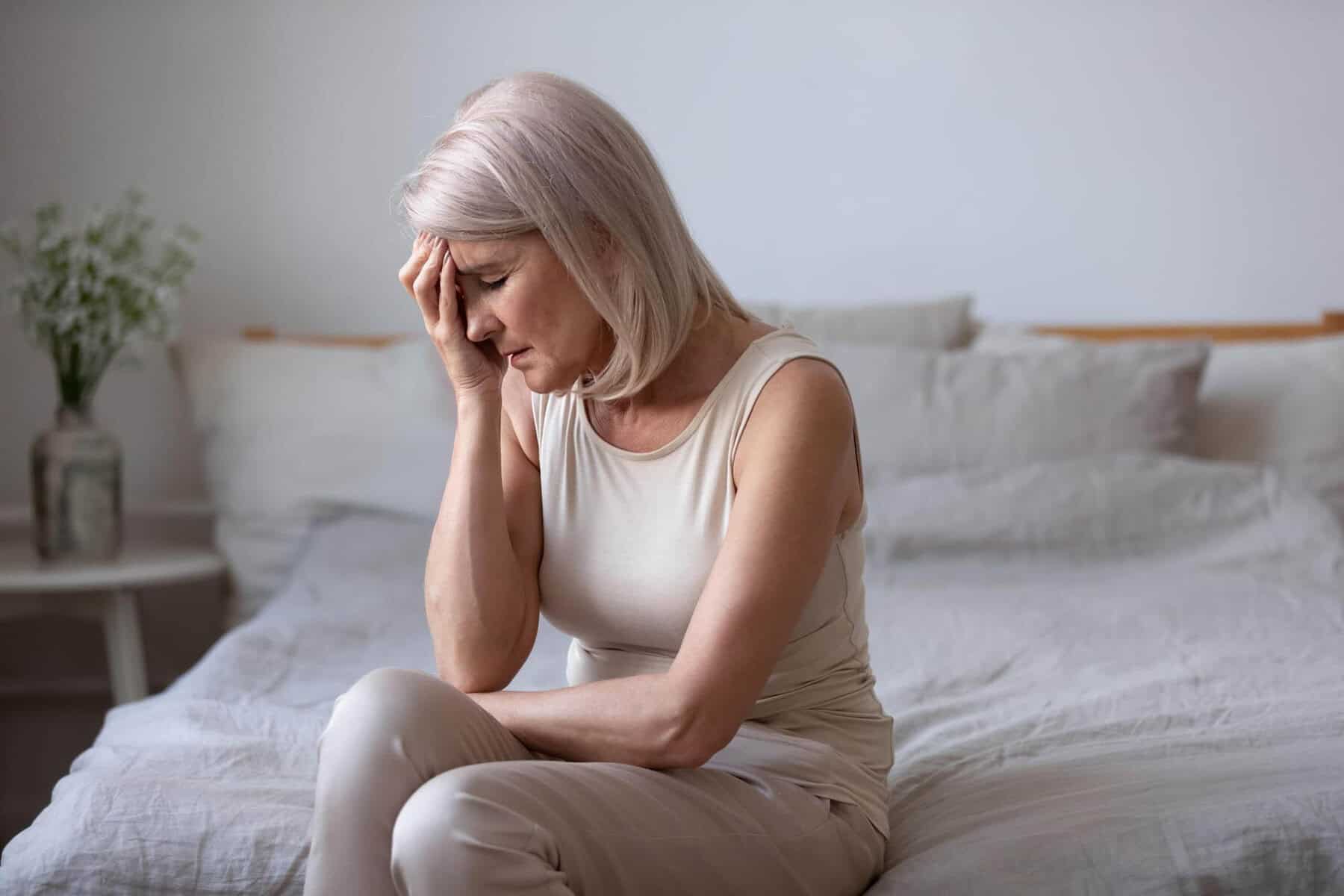Menopause marks a major life transition for women, often bringing a range of physical and emotional changes. While hot flushes and mood swings are well-known symptoms, the impact of menopause on female urological health is frequently under-discussed. Yet, issues like incontinence, recurrent urinary tract infections (UTIs) and overactive bladder can significantly affect a woman’s quality of life. Understanding how hormonal shifts influence the urological system is essential for timely and effective intervention.
Understanding the Link Between Menopause and Urological Health
What Happens to the Female Body During Menopause?
Menopause is defined by the natural decline in reproductive hormones, primarily oestrogen and progesterone. As oestrogen levels drop, changes occur not only in the reproductive organs but also in tissues throughout the pelvis. Vaginal dryness, thinning of the vaginal walls (known as vaginal atrophy) and weakening of the pelvic floor muscles are common. These changes can reduce natural protection against infections and compromise urinary control, creating a complex interplay between hormonal health and urological function.
Key Urological Issues Women Face Post-Menopause
Post-menopausal women are more prone to a range of urological issues. These include:
- Urinary incontinence, where leakage may occur during coughing, sneezing or exercise (stress incontinence), or from a sudden, urgent need to urinate (urge incontinence).
- Frequent UTIs, often due to the loss of protective vaginal flora and reduced immunity.
- Overactive bladder, which involves frequent urges to urinate, sometimes with leakage.
All of these can affect confidence, social life and overall wellbeing, yet they often go unspoken.
How Decreased Estrogen Levels Impact the Urological System
The Role of Estrogen in Urological Health
Oestrogen helps with maintaining the health of the bladder, urethra and surrounding tissues. It helps keep these areas elastic, thick and well-lubricated. It also supports the natural balance of bacteria in the vagina and urinary tract, which helps guard against infections. When oestrogen declines, these protective functions weaken, leaving tissues more vulnerable to damage and infection.
Why Hormonal Imbalance Leads to Urological Symptoms
With lower oestrogen, blood flow to the pelvic area decreases. This results in thinner, less resilient tissues that are prone to irritation and inflammation. The urethra can become shorter and less effective at holding back urine, while pelvic muscles may weaken, making it harder to control urination. These biological changes make urological symptoms a common, though often unacknowledged, aspect of menopause.
Common Urological Problems During and After Menopause
Urinary Incontinence
This is one of the most prevalent but least talked-about post-menopausal symptoms. There are three main types:
- Stress incontinence, caused by pressure on the bladder
- Urge incontinence, involving a sudden, intense need to urinate
- Mixed incontinence, a combination of both
Changes in the urethra and pelvic floor muscles contribute to these issues, yet many women assume it’s just part of ageing and therefore delay seeking help.
Urinary Tract Infections (UTIs)
As oestrogen levels fall, the natural acidity and bacterial balance of the vagina shift. This creates an environment where harmful bacteria can thrive, increasing the risk of Urinary Tract Infections. Post-menopausal UTIs may be more recurrent and resistant to standard treatments. Regular blood tests and hormone health checks can help identify underlying imbalances that contribute to this increased risk.
Overactive Bladder
Overactive bladder (OAB) causes frequent and sudden urges to urinate, often disrupting daily life and sleep. Oestrogen deficiency may play a role by altering the sensory pathways between the bladder and brain. The bladder may also become more irritable and less able to stretch. OAB is often underreported and underdiagnosed, despite its significant impact on female urological health.

Why Urological Health is Often Overlooked During Menopause
Lack of Awareness Among Women and Healthcare Providers
Many women are not aware that their urinary symptoms may be linked to menopause. Cultural taboos around discussing intimate health can further prevent open conversation. Healthcare providers may also focus on more visible symptoms like hot flushes, overlooking less obvious but equally distressing urological issues.
How Symptoms Are Misunderstood or Misdiagnosed
Urological symptoms are often dismissed as a normal part of ageing or incorrectly treated as isolated issues. For instance, recurring UTIs might be repeatedly treated with antibiotics without addressing the hormonal component. This can lead to prolonged discomfort and ineffective treatment.
What Can Be Done to Address Urological Health During Menopause?
How to Talk to Your Doctor About Urological Symptoms
Women should feel empowered to raise concerns about urinary symptoms, even if they seem minor. Prepare notes before your appointment and don’t hesitate to ask for a female health check or a hormone health test. Clear communication can help clinicians consider the broader picture and recommend appropriate support.
Treatment Options for Post-Menopausal Urological Health
Effective treatments include:
- Pelvic floor exercises, to strengthen muscles, ideally guided by a physiotherapist
- Topical oestrogen treatments, which can help restore the health of vaginal tissue
- Lifestyle changes, such as reducing caffeine and improving hydration
- Medication, for managing symptoms of OAB or recurrent infections.
These options can be tailored to the individual, especially when supported by diagnostic tools such as blood tests.
Preventive Measures and Self-Care Tips
- Stay hydrated to help flush the urinary tract
- Maintain a healthy, balanced diet rich in anti-inflammatory foods
- Do regular pelvic floor exercises (Kegels) to strengthen muscles that support bladder control
- Avoid irritants, such as perfumed soaps or tight clothing
- Schedule regular health checks to monitor hormone levels and general wellbeing
Time to Prioritise Urological Health in Menopause
Urological symptoms are not an inevitable or untreatable part of menopause. They are signs that the body is changing, and that support is needed. By acknowledging and addressing these symptoms, women can regain control and confidence in their health. At The Forbury Clinic, we offer consultant-led, personalised care with advanced diagnostics, including hormone health tests and full female health checks. For more details, contact us today.


